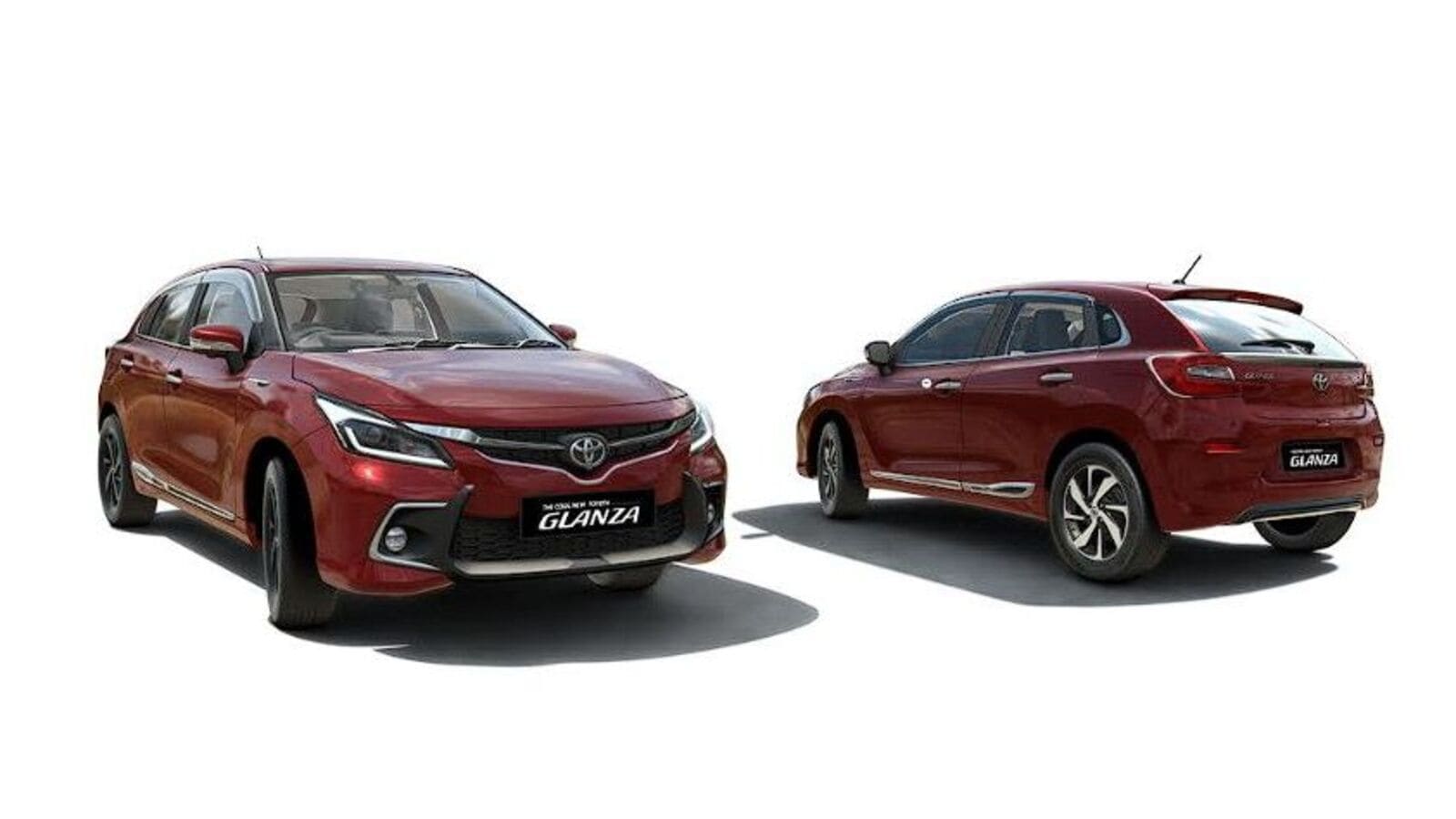The company stated there’s a “strong correlation” between the lack of reason energy and failure of the Built-in Keep an eye on Charging Unit that powers the automobile batteries.
NHTSA has opened a initial analysis to evaluate the scope and severity of the possible security problem, which might impact just about 20,000 Kia EV6 electrical compact crossovers.
A Kia spokesperson didn’t straight away reply to a request for remark.
The 2022 EV6 is the primary devoted EV that Kia has rolled out as a part of its try to debut 8 EVs through 2029. This occasion thru June, Kia has bought 8,328 of the electrical compact crossovers, consistent with Car Information knowledge.
In a single criticism submitted to NHTSA, a motive force in Lengthy Seaside, Calif., reported listening to a noisy pop from the rear passenger facet of the automobile adopted through a blackmail shiny to test the automobile’s charging machine.
“All power to the vehicle was subsequently lost, immobilizing the vehicle,” the complainant stated of the April 29 incident. “Dealer service department said ICCU board needs to be replaced but is on national backorder. Car has been immobilized since.”
Kia’s Korean sibling corporate Hyundai Motor Co. is coping with a homogeneous factor within the U.S.
Terminating day, NHTSA opened an investigation into greater than 39,500 Hyundai Ioniq 5 EVs later receiving 30 lawsuits alleging lack of reason energy. Lots of the lawsuits additionally reported a “loud pop noise” adopted through a blackmail displayed within the dashboard and diminished or overall lack of reason energy.
Hyundai spokesperson Michael Stewart stated in June that the automaker is “fully cooperating” with the investigation.
“To address the concern, Hyundai is launching a service campaign in July that will update the affected vehicle’s software and replace the ICCU if necessary,” Stewart stated in a remark. “We value our cooperative relationship with NHTSA and have engaged in frequent, open and transparent dialogue with the agency on this topic.”
Maximum NHTSA investigations get started as initial reviews, through which company engineers request data from the producer, together with knowledge on lawsuits, accidents and guaranty claims. The producer can also provide its view in regards to the alleged problem and might factor a recall.
Then the analysis, NHTSA will both near the investigation or progress into the upcoming segment. If a safety-related problem exists, consistent with NHTSA, the company might ship a “recall request” letter to the producer.




